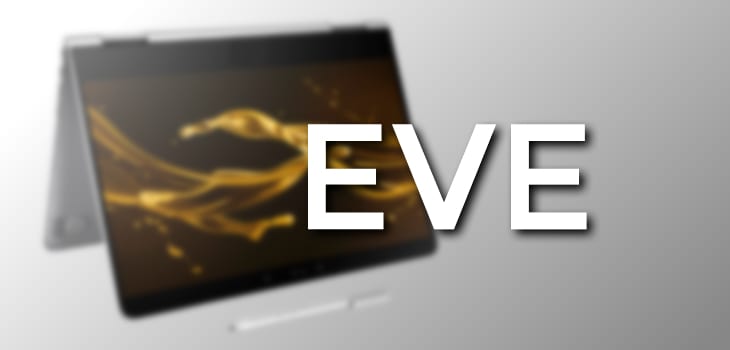
 Just recently, in a commit to the Chromium Repositories, we are seeing references to NVMe SSD storage for ‘Eve’.
Just recently, in a commit to the Chromium Repositories, we are seeing references to NVMe SSD storage for ‘Eve’.
If you have no idea what NVMe means, you are in the vast majority. The technical specifications surrounding NVMe (Non-Volatile Memory Express) aren’t the easiest to understand for most people, so I’ll boil down what I can comprehend.
NVMe is a new standard for memory interfaces. These drives are still SSD (solid state drives), but they can send and receive data MUCH faster, among other tricks.
Take the Samsung 960 Pro. This NVMe SSD can see peak read/write speeds of 3500mbps/2500mbps. So it is clear, these drives (paired with a NVMe capable motherboard) can move multiple GIGABYTES per second. Gigs.
For reference, a fast standard SSD at the current moment can see read/write speeds up to 750mbps.
Why it Matters
On multiple fronts, this is a massive step forward. Slow hard drives seriously impact the performance of locally-stored resources. If you have any doubt, go to a local Best Buy and mess around with two computers with similar processors and RAM: one with an old, spinning HDD and one with an SSD. The difference is easily observable.
For all computing types, faster data transfers mean faster experiences. We all like fast.
For Chromebooks, the reason this could be a bid deal is simple: Android apps.
Chrome OS, on its own, relies more heavily on the speed of your data connection than it does on the speed of your internal storage. After all, the current crop of Chromebooks are being run off of eMMC storage, which is a good deal slower than standard SSD.
If Chrome OS is moving forward with NVMe storage, Android is the target. With apps now being stored and run locally on Chromebooks, faster data transfer of that stored data will result in much faster and stable performance across the board.
As we always say around here, whether or not you think this advance is worthwhile, it is fantastic to see Chrome OS continuing to get cutting edge tech implementations.
What do you think? Is NVMe a good move for the future of Chromebooks? Let us know in the comments.

Leave a Reply
You must be logged in to post a comment.